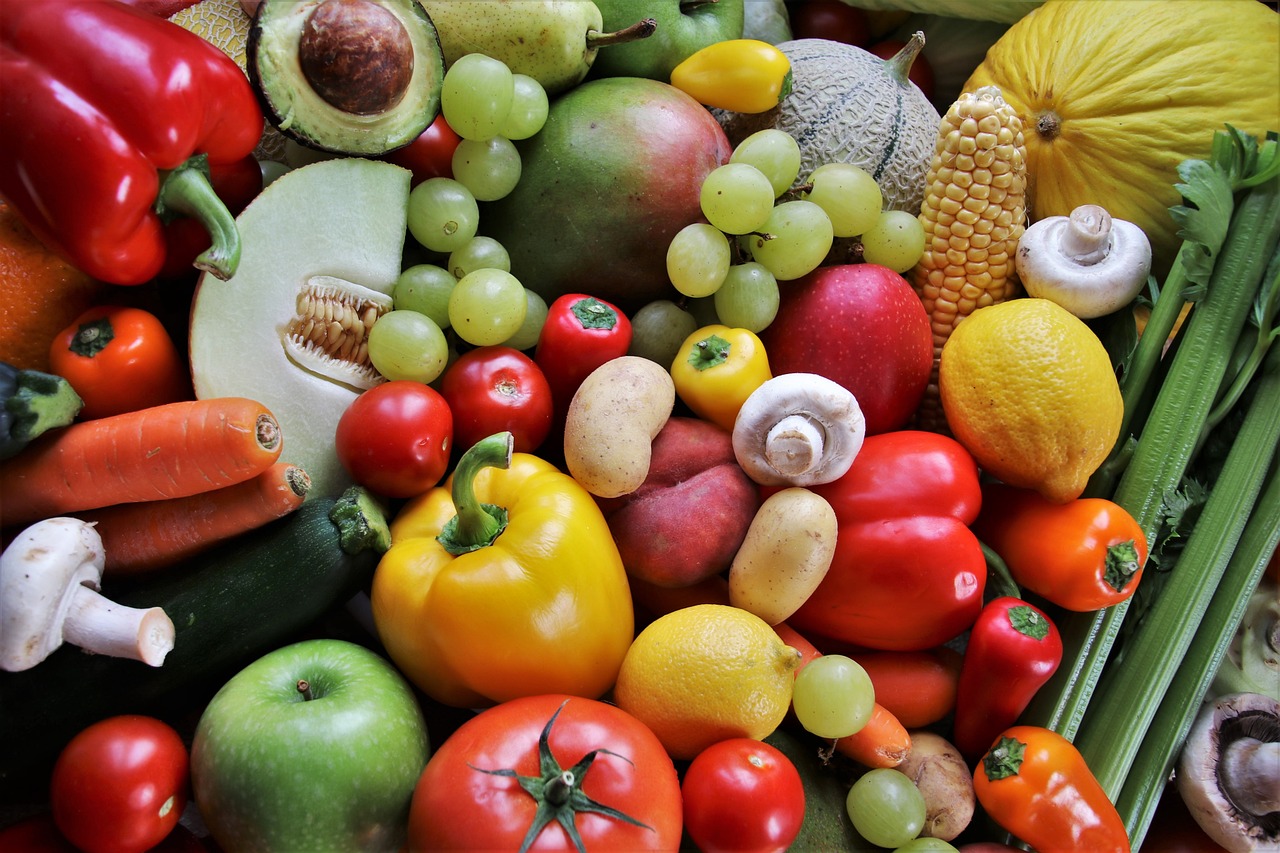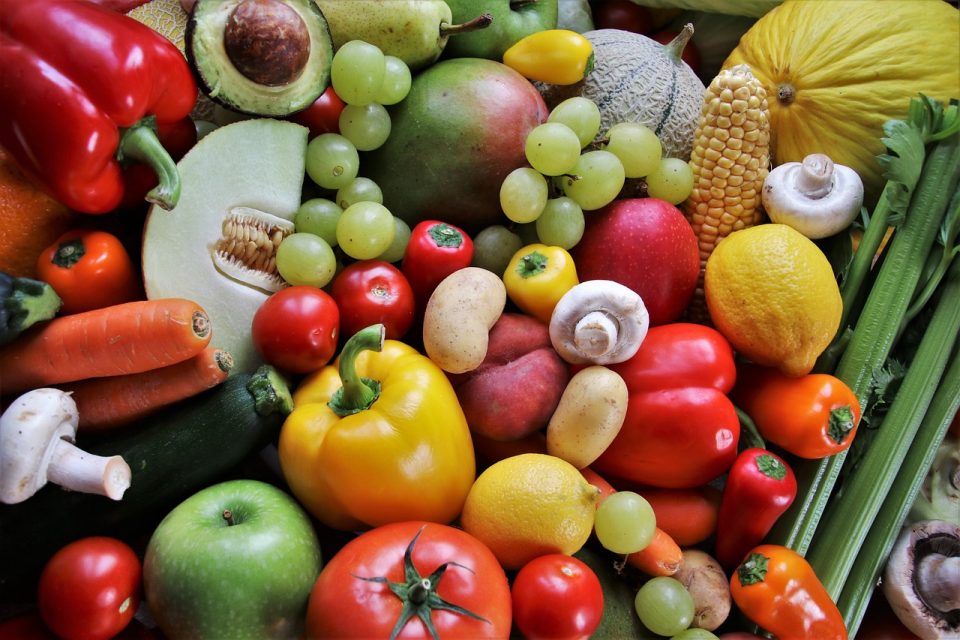
Food journaling, a practice that has been around for centuries, is gaining popularity once again. It is a simple yet powerful tool that can help you achieve your health and fitness goals by tracking what you eat and drink. By recording everything you consume, you can gain insight into your eating habits and make necessary adjustments to your diet. In this article, we will explore the benefits of food journaling and how it can help you lose weight, improve your health, and achieve your wellness goals. So grab a pen and paper, and let’s dive into the world of penning pounds.
1. The Secret to Shedding Pounds: Penning Your Food Journey
Maintaining a food journal is a proven way to lose weight. It’s a simple yet effective way to keep track of what you’re eating and how much you’re consuming. When you write down what you eat, you become more aware of your food choices and are more likely to make healthier ones. It’s like having a personal coach who guides you towards your weight loss goals.
A food journal can also help you identify patterns and triggers that cause you to overeat. For example, you may notice that you tend to snack when you’re stressed or bored. By identifying these triggers, you can take steps to avoid them or find healthier ways to cope. Additionally, keeping a food journal can help you stay accountable to yourself and your weight loss goals. It’s a powerful tool that can help you shed those extra pounds and keep them off for good.
2. Unleashing the Power of Food Journaling: A Step-by-Step Guide
Food journaling is a powerful tool that can help you achieve your health and wellness goals. Whether you want to lose weight, improve your digestion, or simply eat a more balanced diet, keeping a food journal can help you identify patterns, track progress, and make informed decisions about your diet. Here’s a step-by-step guide to help you unleash the power of food journaling:
1. Choose a journaling method that works for you. Whether you prefer to use a physical notebook, a digital app, or a spreadsheet, choose a method that is easy and convenient for you to use regularly.
2. Set goals and track progress. Before you start journaling, set specific goals for what you want to achieve. This could be anything from tracking your daily calorie intake to monitoring your sugar consumption. Then, track your progress regularly to see how you’re doing and adjust your goals as needed.
3. Be honest and accurate. To get the most out of your food journal, it’s important to be honest and accurate in your entries. This means recording everything you eat and drink, including portion sizes and any snacks or treats. Use descriptive language to help you remember what you ate and how it made you feel.
4. Analyze your patterns and make changes. Once you’ve been journaling for a while, take some time to analyze your patterns and identify any areas where you could make improvements. This could be anything from reducing your sugar intake to eating more vegetables. Use your journal to track your progress and make changes as needed.
By following these simple steps, you can unleash the power of food journaling and take control of your diet and health. Whether you’re looking to lose weight, improve your digestion, or simply eat more mindfully, keeping a food journal can help you achieve your goals and live your best life.
3. The Surprising Benefits of Keeping a Food Diary
Keeping a food diary can be a game-changer, and the benefits are more significant than you might think. Here are some surprising benefits of keeping a food diary:
- Helps with portion control: Writing down what you eat can help you to be more mindful of portion sizes. It can also help you to identify patterns of overeating and make adjustments accordingly.
- Tracks your progress: Keeping a food diary allows you to track your progress towards your health goals. You can see how your diet changes over time and adjust it to meet your needs.
- Encourages healthier choices: When you keep a food diary, you are more likely to make healthier food choices. Knowing that you have to write down what you eat can be a powerful motivator to choose healthier options.
- Identifies food intolerances: A food diary can help you to identify any food intolerances that you may have. By tracking what you eat and any symptoms you experience, you can pinpoint which foods may be causing problems.
Overall, keeping a food diary is a simple yet effective way to improve your diet and health. It can help you to be more mindful of what you eat, make healthier choices, and track your progress towards your goals. So why not give it a try and see how it works for you?
4. How Food Journaling Can Help You Achieve Your Weight Loss Goals
Food journaling is a powerful tool that can help you achieve your weight loss goals. By keeping a record of everything you eat and drink, you become more aware of your habits and patterns, which can help you make better choices and stay on track. Here are some ways that food journaling can help you lose weight:
- Accountability: When you write down what you eat, you’re less likely to indulge in unhealthy foods or overeat because you’re aware of what you’re consuming. This helps you stay accountable to yourself and your goals.
- Identifying triggers: Food journaling can help you identify your triggers for overeating or making unhealthy food choices. For example, you may notice that you tend to snack when you’re stressed or bored. Once you identify these triggers, you can find healthier ways to cope with them.
In addition to these benefits, food journaling can also help you track your progress and celebrate your successes. By looking back at your journal entries, you can see how far you’ve come and feel motivated to keep going. Overall, food journaling is a simple yet effective way to support your weight loss journey and improve your overall health and wellbeing. As we wrap up our discussion on the power of food journaling, it’s clear that this simple habit can have a big impact on our health and wellness. Whether you’re looking to lose weight, improve your eating habits, or simply gain a better understanding of your relationship with food, keeping a food journal can be a valuable tool. By tracking what you eat, how much you eat, and when you eat it, you can identify patterns, make informed choices, and stay accountable to your goals. So why not give it a try? Grab a notebook or download an app, and start penning your way to a healthier, happier you.

